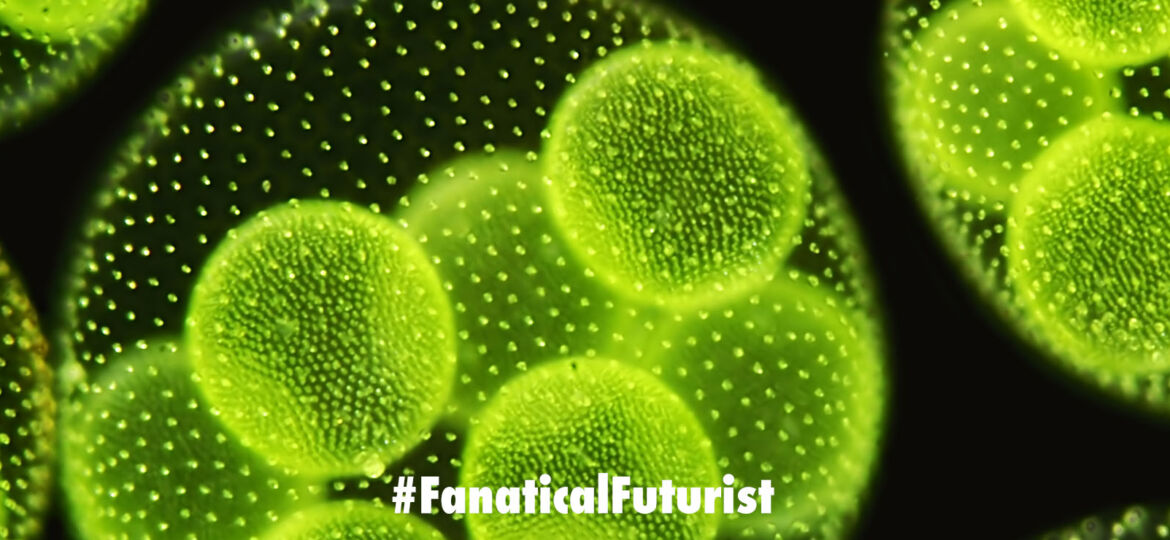
WHY THIS MATTERS IN BRIEF
As our ability to make fully synthetic DNA and genomes accelerates inevitably scientists will want to cross the next step – making living, alien organisms that replicate.
 Interested in the Exponential Future? Connect, download a free E-Book, watch a keynote, or browse my blog.
Interested in the Exponential Future? Connect, download a free E-Book, watch a keynote, or browse my blog.
The creation of life is an amazing process. And a mystery. It’s also, arguably, one of the greatest mysteries of all time that scientists and researchers everywhere want to crack and replicate themselves. After all, imagine the Pandora’s Box you could open, for better and worse, if we were able to create fully synthetic cells and synthetic lifeforms with weird alien properties, such as being immune to all disease, just for starters, that could replicate themselves and then go on to evolve – as we’ve already seen happen in the labs around the world.
Now, go one step further and imagine an Artificial Intelligence (AI) and a supercomputer producing a synthetic genome, like one did recently, and then going on to give life to a fully synthetic lifeform, like this living robot that was just created in the US, and you can start to see why this field is both exciting and terrifying at the same time.
As our ability to manipulate and create new synthetic DNA, genes, stem cells, and even whole genomes accelerates, with several UK and US universities believing, for example, that they’ll have the technology to create the world’s first fully synthetic human by 2035, we can truly say we are starting to enter the era of Synthetic Biology.
One main part of life is the ability for processes to reproduce themselves. This means that a chemical system has to be maintained, and up until now, this was only ever possible naturally.
Recently I talked about a new research project that had managed to, for the first time, create the world’s first self-replicating synthetic cells, and now, for the first time ever, a team of scientists from the Max Planck Institute of Biochemistry in Germany they’ve created a lab-grown artificial genome that can reproduce itself like a natural one.
The field of synthetic biology has seen researchers focus much of their attention on generating life-mimicking systems from inanimate building blocks. Living organisms can usually conserve and reproduce themselves as different entities, whereas inanimate blocks typically cannot do this and this is the “problem” that the team solved.
Hannes Mutschler, who led the research, and his team focused on “imitating the replication of genomes and protein synthesis.” Both processes are fundamental for the self-preservation and reproduction of biological systems, and using an in vitro system, the team was able to do this in the lab.
“Our system is able to regenerate a significant proportion of its molecular components itself,” explained Mutschler.
The team’s in vitro system synthesises proteins based on a DNA blueprint. The first author of the study, Kai Libicher, said “Unlike previous studies, our system is able to read and copy comparatively long DNA genomes.”
The largest modular genome that the team reproduced consisted of more than 116,000 base pairs.
The team hopes to extend the artificial synthetic genome with additional DNA segments in the future. The next step is to produce a system that is able to stay viable as nutrients are added to it, and that enables it to dispose of waste products.
Such a minimal synthetic cell could then be used in biotechnology, for instance, as a bespoke production machine for natural substances, or as a starting point for creating even more complex life-like systems – or lifeforms.
Source: Nature
















